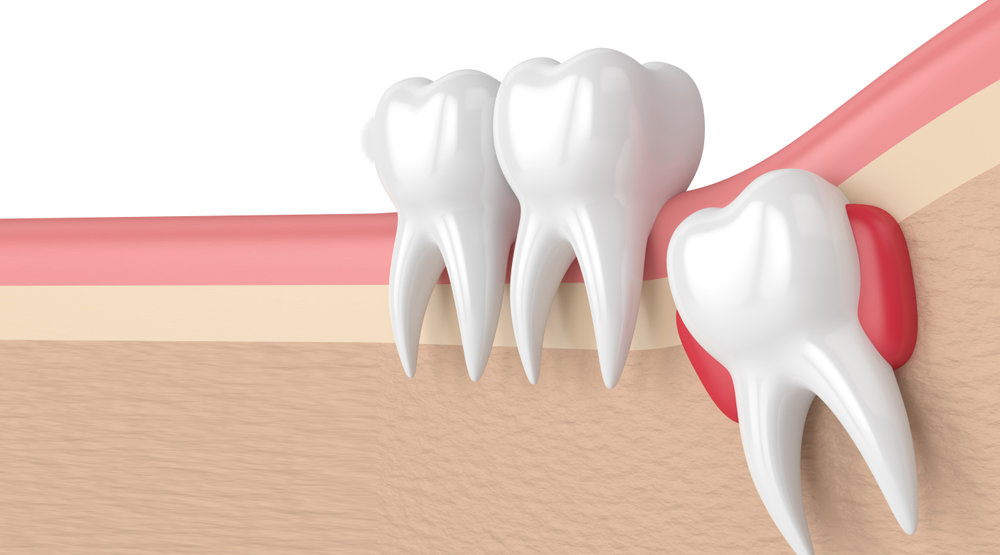
Most of your teeth grow during your childhood years, but your “third molars” arrive much later. Find everything you need to know about wisdom teeth here.
Teething isn’t just for toddlers. Adults have the pleasure of experiencing the same sinus-searing pain of teething thanks to our third molars, otherwise known as wisdom teeth.
Keep reading to learn everything you need to know about wisdom teeth and how dentists help you manage these unwieldy late molars.
Wisdom Teeth Basics
Wisdom teeth are your third set of molars that typically come in when you’re between the ages of 17 and 21. You find them in the back of your mouth behind your last set of molars. You should have two on the top and two on the bottom of your jaw.
Some adults are missing some of their wisdom teeth. Don’t be surprised when your dentist says you only have two or three.
Some people believe wisdom teeth are something that evolution has gradually phased out. They’re our toughest, widest grinders. Since we’re not all ripping meat off a bone, like our primal ancestors, we don’t need them anymore.
Often wisdom teeth do not come in straight like other teeth. They can be impacted, lying on their sides, causing a misalignment of other teeth.
Dentists Often Extract Them
Most people do not need their wisdom teeth. Thus many individuals commonly have them removed through a tooth extraction process.
Wisdom teeth can come in sideways and cause all kinds of other problems for healthy teeth. They can also have diseases in them, and in those cases, they need to come out as soon as possible.
Here are a few reasons why your dentist may recommend removing wisdom teeth:
- Suspected infection or cavities
- Abnormal-looking tissue damage to teeth nearby
- Bone loss around the roots of the teeth
- Not enough room for the wisdom teeth to come in
- A cyst caused by the sack of tissue around the wisdom tooth not developing
- Jaw bone loss caused by infection
- A sideways tooth that eats away at the roots of other teeth
- Plaque and bacteria build up around the tooth
All of these issues are cause for concern. These extra teeth can cause extra problems if there just isn’t room in your mouth for them.
Not Everyone Agrees
Some public health experts think you should keep your wisdom teeth if there’s nothing wrong with them. After all, a wisdom tooth extraction is a surgical process that opens up healthy tissue to extract a healthy tooth.


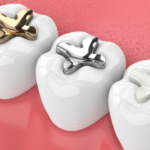
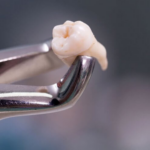
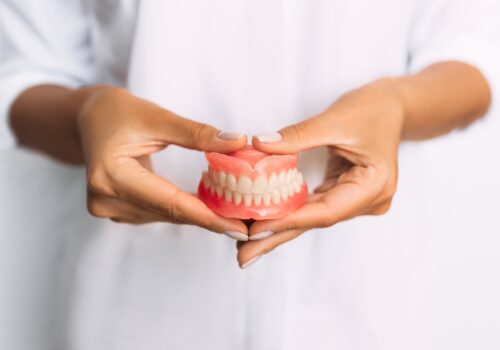
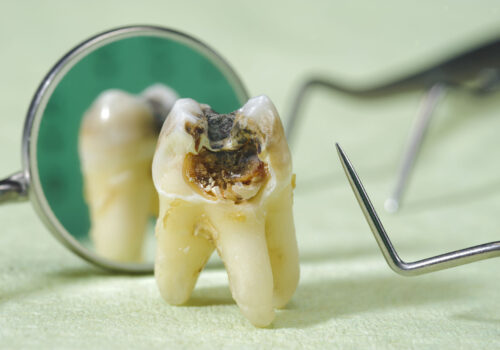

Leave a Reply